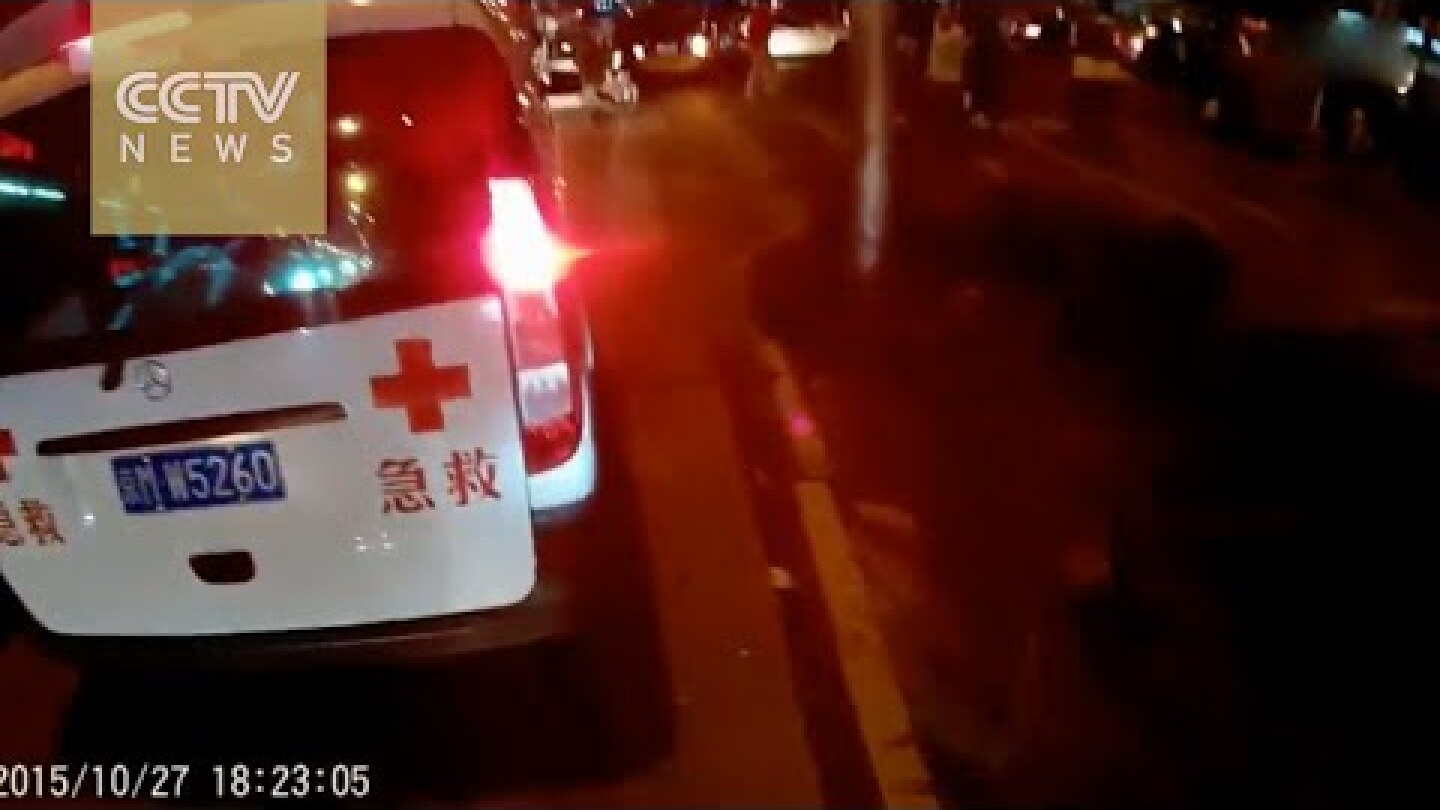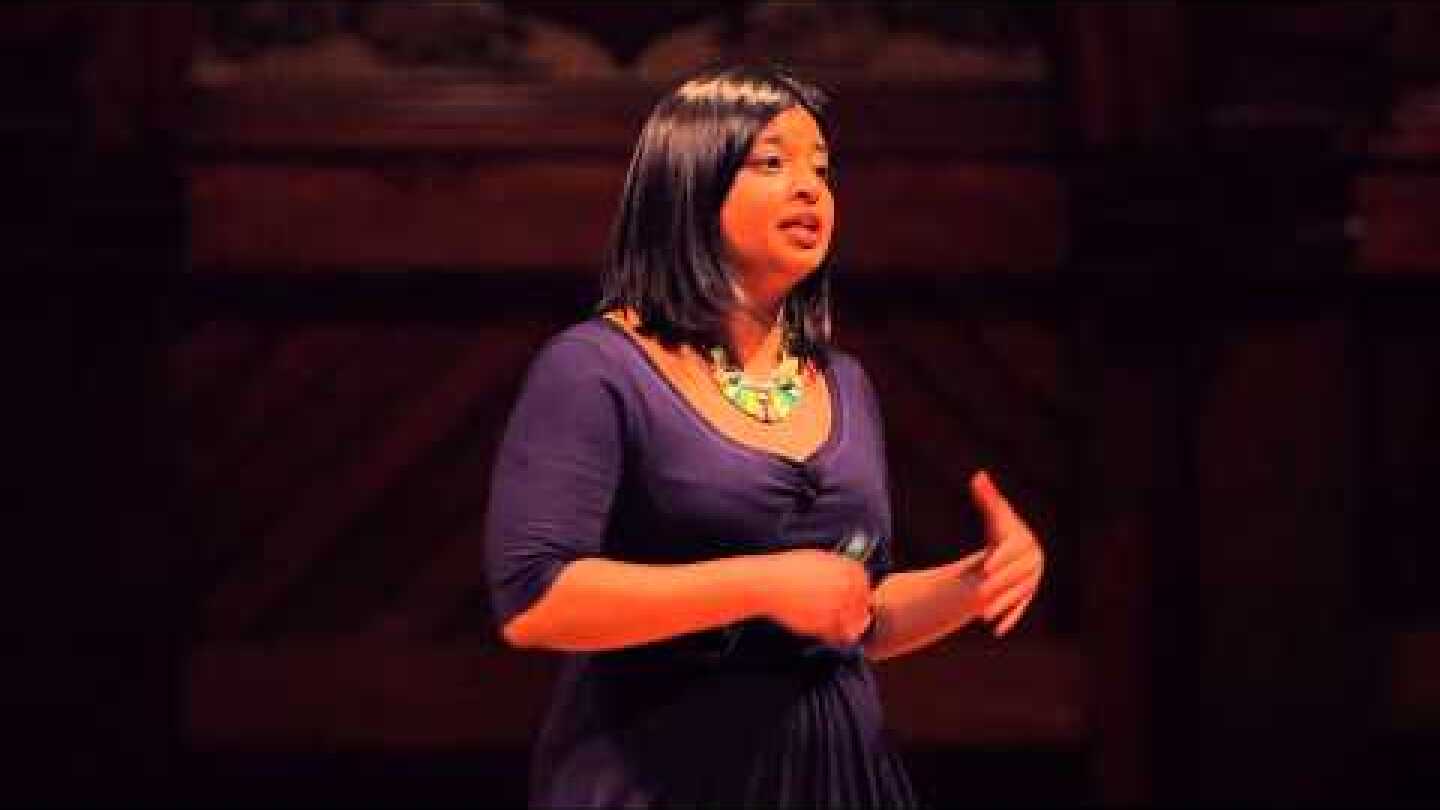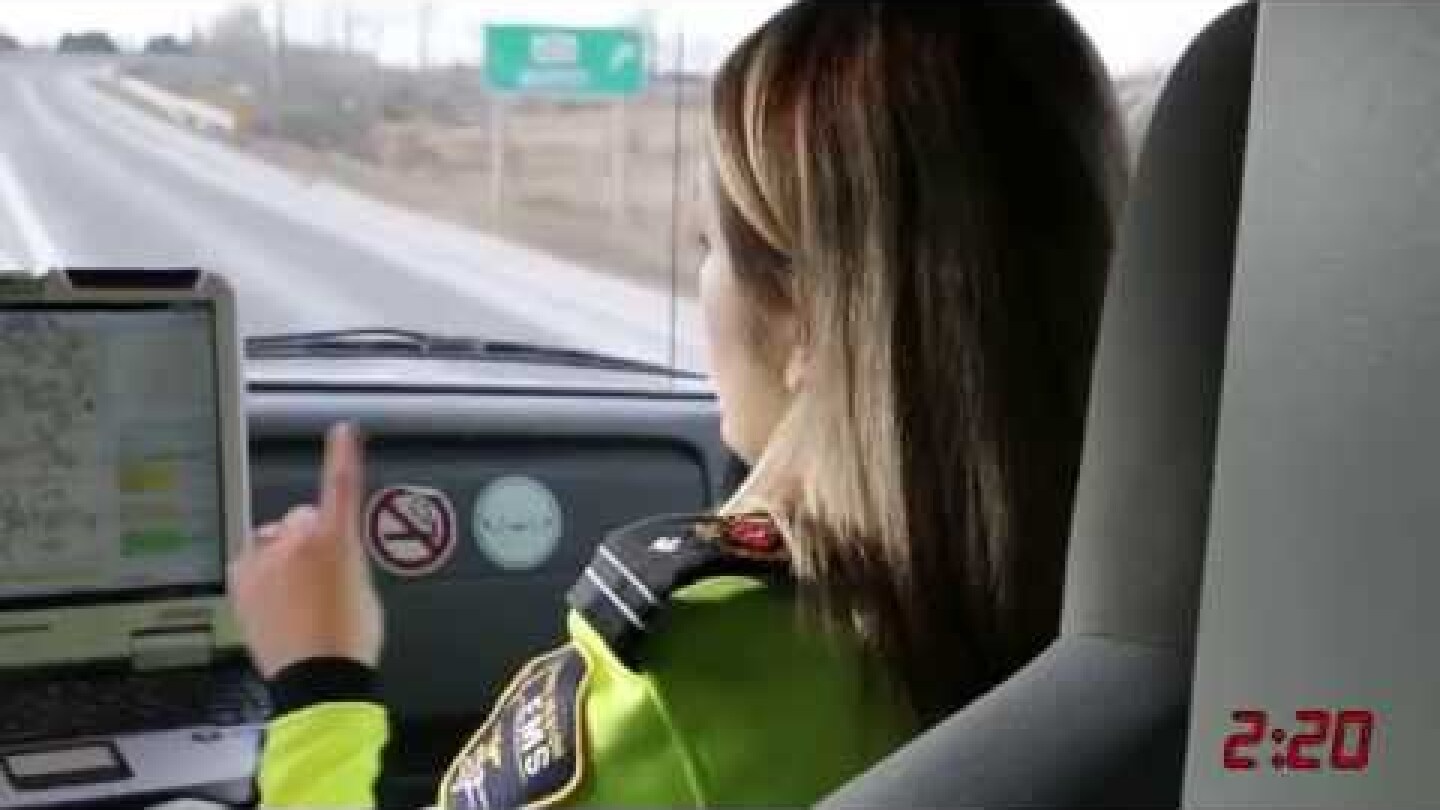Response Times
Resources to dispel three myths about hot response to improve clinician, patient and community safety
The Decatur (Illinois) Fire Department’s new permanent lift assist fee for calls to skilled nursing facilities or nursing homes is resonating with responders around the country
This episode reveals data-driven insights into tiered response models, community funding wins, and the growing role of local stories in national EMS advocacy
Each kit is equipped with $25 to $30 worth of gauze, gloves and two tourniquets for bystanders to render aid
After the first suicide bomber blew himself up, health officials decided to put their “White Plan” into action, a disaster response plan that had never been used in such circumstances
The report also attributes the improvement to more staff in the fire department
The MD-1 Physician Response program aims to cut time for critical patients to receive doctor’s care
Increase in unit hours comes after a $230,000 fine last week for failing to meet required response times
The vehicle will respond to calls for nonlife-threatening injuries such as minor falls, cuts and bites
Rural/Metro San Diego was fined $230,000 by the city and is required to submit a plan for improvement
The most recent victim was Cam’ron Matthews, who suffered an aneurysm Friday
The city went from an average of 17 minutes to 9 by adding staff and reprioritizing calls
Some readers said GPS is a crucial tool, others said you can’t rely on technology and you should know your area
Police stopped the ambulance for not having its mandatory safety test on file, meanwhile the amputee patient sat for hours on the roadside without pain medication
An EMS organization with one or more of these problems is in severe distress and needs immediate managerial interventions
Research found that the patient population studied were more likely to survive if transported in a BLS ambulance rather than an ALS one
Firefighters say they often have to wait 20 or 30 minutes for a Rural/Metro ambulance to arrive
The study of the rescue squad was commissioned after neighboring departments complained about excessive mutual requests
During a three-year trial in Victoria, Australia, motorcycle units had shorter response times for urgent cases and freed up road ambulances for less urgent calls
The EMS providers on the RTF focus on care of the victims while tactical medics focus on needs of the SWAT team
Don’t hold your breath that private EMS handling less emergent calls will resolve the underlying problems at DC Fire and EMS
A technical glitch led to inaccurate data on response times
The paramedic crew was taking part in a charity bicycle challenge when they came across a car crash
The private ambulances would help handle less serious calls so that DC Fire and EMS can respond in a timely fashion to every emergency call
The fire department is changing its policy to focus on more urgent emergency situations
Apparently a misunderstanding between the dispatcher and the caller led to the call being categorized as not urgent
It took almost half an hour for another ambulance to arrive to complete the transport
Two paramedics arrived before the volunteer fire department and ran into the burning home when they heard cries for help
Co-hosts Chris Cebollero and Kelly Grayson are joined by EMS1 columnist Bob Sullivan to discuss how to approach different clinical scenarios keeping an eye on the clock
Co-hosts Chris Cebollero and Kelly Grayson are joined by EMS1 columnist Bob Sullivan to discuss clinical scenarios in which time is an important factor
MOST POPULAR
- New San Diego ambulance policies end response-time crisis
- Ala. hospital’s EMS not penalized for response time violation; rival sees favoritism
- St. Louis EMS’ response woes were called out 8 years ago. The city did nothing.
- ‘EMS deserts’: Providers warn public health committee of low funds, low staffing
- Tenn. county receives bids from AMR, Ameripro, Falck and Priority Ambulance










